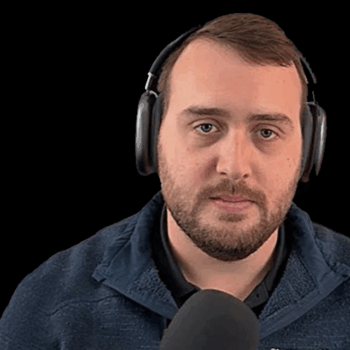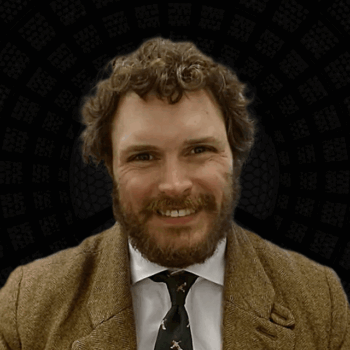In a thought-provoking conversation with Dr. Mark Changizi, we embark on a journey through critical topics, dissecting the blind spot in scientific endeavors – group conformity. This exploration reveals the intricate web of psychosocial physics shaping scientific objectivity.
Table of Contents
- Impact of Group Conformity on Scientific Progress
- Political and Ideological Biases in Academia
- Paradoxes in Societal Beliefs
- Iranian Diaspora’s Support for Israel
- Global Response to the COVID-19 Pandemic
- Academic Homogeneity and the Role of Tenure
- Candid and Critical Perspective
- Conclusion
- FAQs
- Related Articles
Impact of Group Conformity on Scientific Progress
In our first segment, we unravel the subtle yet profound influence of in-group behavior on the integrity of scientific research. The pursuit of funding and recognition, essential for progress, often leads researchers towards conformity, raising concerns about the purity of scientific endeavors.
Political and Ideological Biases in Academia
Our discussion takes a turn towards the corridors of academia, where political and ideological biases cast shadows on the pursuit of truth. A compelling case study examines the shift in medical consensus on hormone replacement therapy (HRT), demonstrating how biases, rather than solid evidence, can drive changes in medical practices.
Paradoxes in Societal Beliefs
A fascinating examination follows, shedding light on paradoxes in societal beliefs. We delve into the intriguing phenomenon of young European Muslims supporting Hamas, an organization seemingly at odds with the democratic values they enjoy in Europe. The contradiction becomes stark when considering their families’ escape from similar oppressive regimes.
Iranian Diaspora’s Support for Israel
Drawing parallels between the Iranian diaspora’s support for Israel and those favoring free markets after communism, we unravel a deep understanding rooted in personal experiences. This support signifies a profound comprehension of the dangers posed by Islamic fundamentalism, shaped by the memories of oppressive regimes.
Global Response to the COVID-19 Pandemic
Our conversation takes a timely turn towards the global response to the COVID-19 pandemic. We scrutinize societal tendencies towards fear and submission to authority, questioning our resilience in the face of non-violent, non-terroristic threats. This prompts reflection on society’s capacity to stand against actual terror and oppression, unveiling concerns about manipulated narratives and the erosion of liberties under the guise of safety.
Academic Homogeneity and the Role of Tenure
As we delve into the intricacies of academic homogeneity, the role of tenure emerges as a critical factor. We ponder whether tenure perpetuates prevailing thought or becomes a platform for challenging norms. The need for new generations to bring innovative perspectives to scientific research becomes evident, emphasizing a break from established norms and biases.
Candid and Critical Perspective
Throughout our exploration, a candid and critical perspective prevails. Each subject is dissected thoroughly, considering its broader implications on society, science, and politics. The aim is to foster a deep understanding of the challenges we face and the importance of questioning the status quo.
Conclusion
In conclusion, our conversation with Dr. Mark Changizi reveals the intricate dance between group conformity and scientific progress. The exploration of biases, paradoxes, and societal responses prompts a call for critical thinking across various fields. As we navigate the complex landscape of human behavior and scientific endeavors, the imperative remains clear – to question, analyze, and embrace innovation.
FAQs
Group conformity can compromise the integrity of research, leading to biased outcomes and hindering scientific progress.
Biases can sway medical consensus, as demonstrated in the case study of the shift in opinion on hormone replacement therapy (HRT).
The support poses a paradox, questioning the alignment of beliefs with democratic values and freedoms.
It reflects a deep understanding of the dangers of Islamic fundamentalism, shaped by personal experiences under oppressive regimes.
The pandemic exposed a tendency towards fear and submission to authority, raising concerns about societal resilience and the erosion of liberties.
Related Articles
Discover more from Randy Bock MD PC
Subscribe to get the latest posts sent to your email.
























